Iga Disease Life Expectancy
Iga disease life expectancy. What is IgA nephropathy. There is a high rate of recurrence of the primary glomerulopathy in the renal allograft and this event is by no means inconsequential. In approximately 5170 of people with this disease serum IgG4 concentrations are elevated during an acute phase.
Eighty-three percent of the deaths occurred after progression to ESRD. Can you die from IgA Nephropathy. About 35 of patients will develop end stage renal failure and the rest have persistent proteinuria andor hematuria.
In the early stages IgA nephropathy has no symptoms. People who get many severe infections will have a worse outlook than those who dont get as many. How long can I expect to live after being diagnosed with IgA Nephropathy.
Each transplant could give on the average 90 of 10-15 years renal graft survival. Hastings MC Bursac Z Julian BA et al. Life expectancy for patients from the southeastern United States with IgA nephropathy.
However information on the long-term outcomes of IgAN patients with a minor presentation is scarce. It progresses over 10 to 20 years and can lead to end-stage renal disease. Life expectancy is substantially reduced for patients diagnosed with IgA nephropathy in the southeastern United States.
The underlying cause of selective IgA deficiency is unknown. At this time there is no way to replace IgA in the body. IgA nephropathy is a chronic kidney disease and patients will only have slight symptoms and discomforts after 10 years and the illness condition will become life-threatening after 30 years.
Patients with IGA Nephropathy builds up these proteins and forms cluster inside the tiny filters of Kidneys known as Glomeruli. The life expectancy for this condition depends on how severe it is and how its treated.
These clinical prognostic factors also independently predict a poor clinical course.
Eighty-three percent of the deaths occurred after progression to ESRD. After many years deposits of IgA may cause the kidneys to leak blood and sometimes protein in the urine. The life expectancy for this condition depends on how severe it is and how its treated. In approximately 5170 of people with this disease serum IgG4 concentrations are elevated during an acute phase. There is a high rate of recurrence of the primary glomerulopathy in the renal allograft and this event is by no means inconsequential. IgG4-Related Disease formerly known as IgG4-related systemic disease is a chronic inflammatory condition characterized by tissue infiltration with lymphocytes and IgG4-secreting plasma cells various degrees of fibrosis and a usually prompt response to oral steroids. People who get many severe infections will have a worse outlook than those who dont get as many. Loss of renal function and even graft loss occur over prolonged periods of time. However information on the long-term outcomes of IgAN patients with a minor presentation is scarce.
It is a relapsingremitting disease. Life expectancy was reduced by 101 years with a median observed age of death at 657 years and a median expected age at death of 758 years. However information on the long-term outcomes of IgAN patients with a minor presentation is scarce. A retrospective analysis of the natural history of primary IgA nephropathy worldwide. Life expectancy is substantially reduced for patients diagnosed with IgA nephropathy in the southeastern United States. What is IgA nephropathy. IgA Nephropathy is the most common primary glomerular disease with approximately 30 t0 40 of patients progressing to end-stage kidney disease within 20 years.





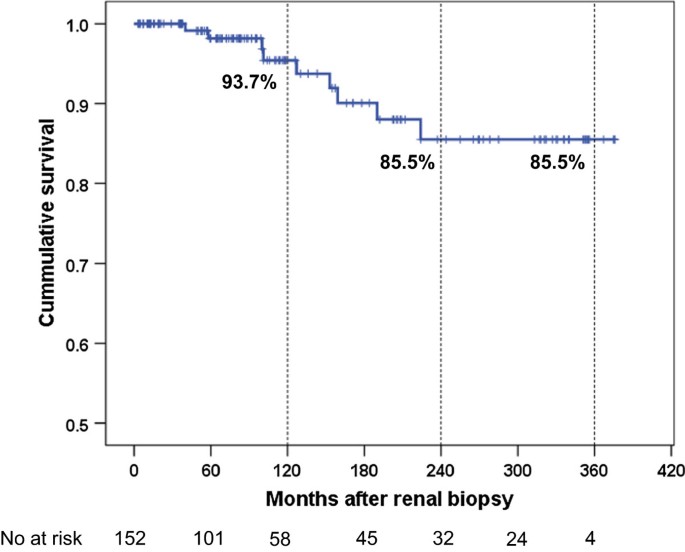


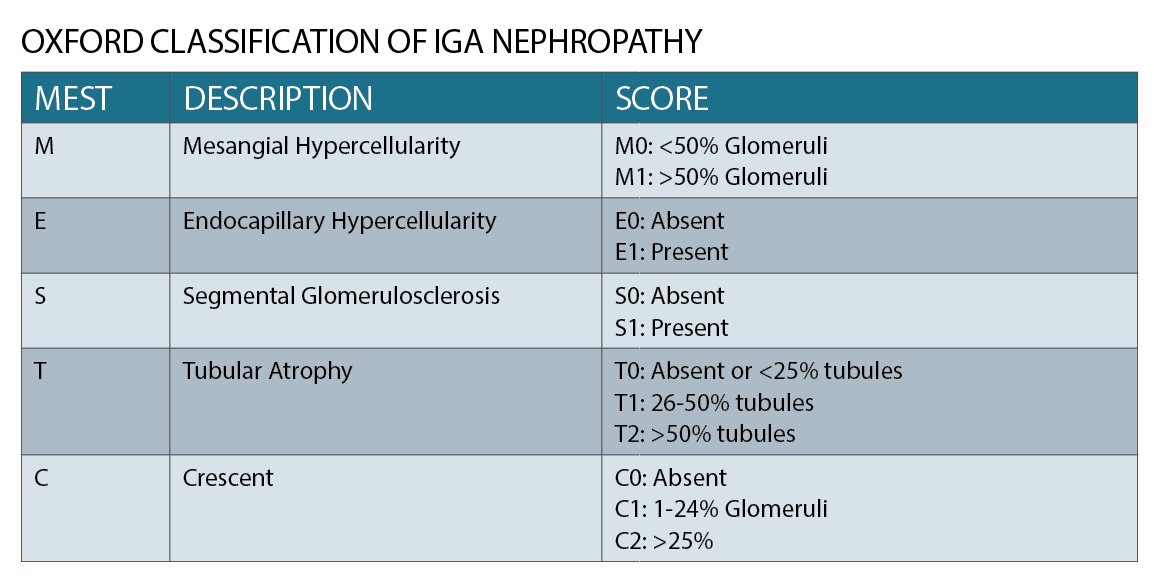


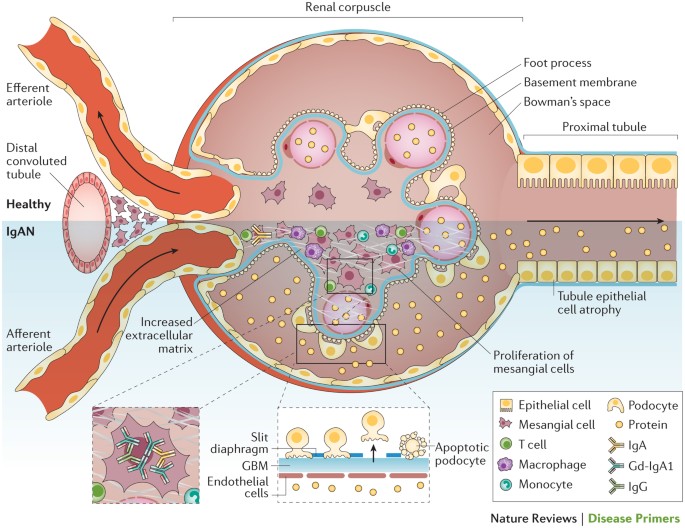
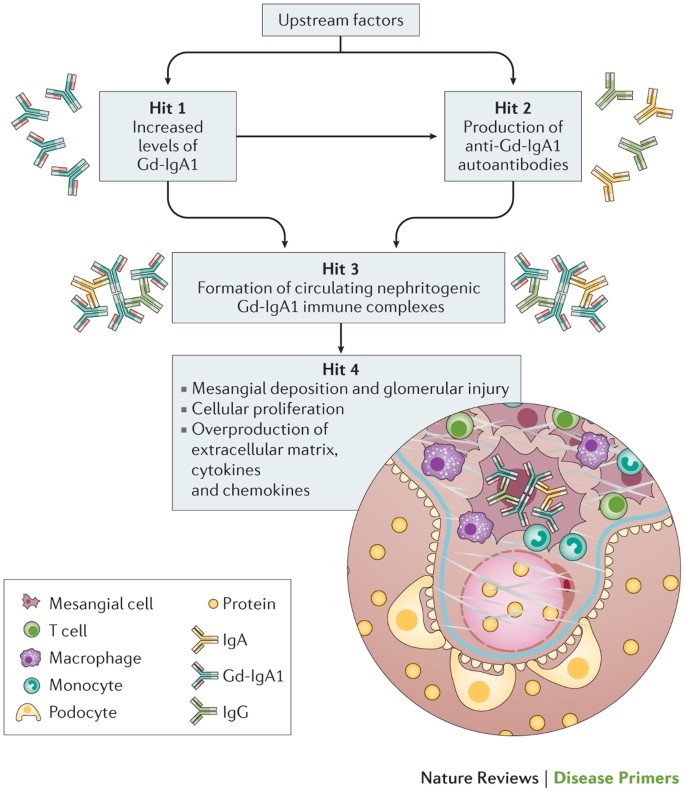
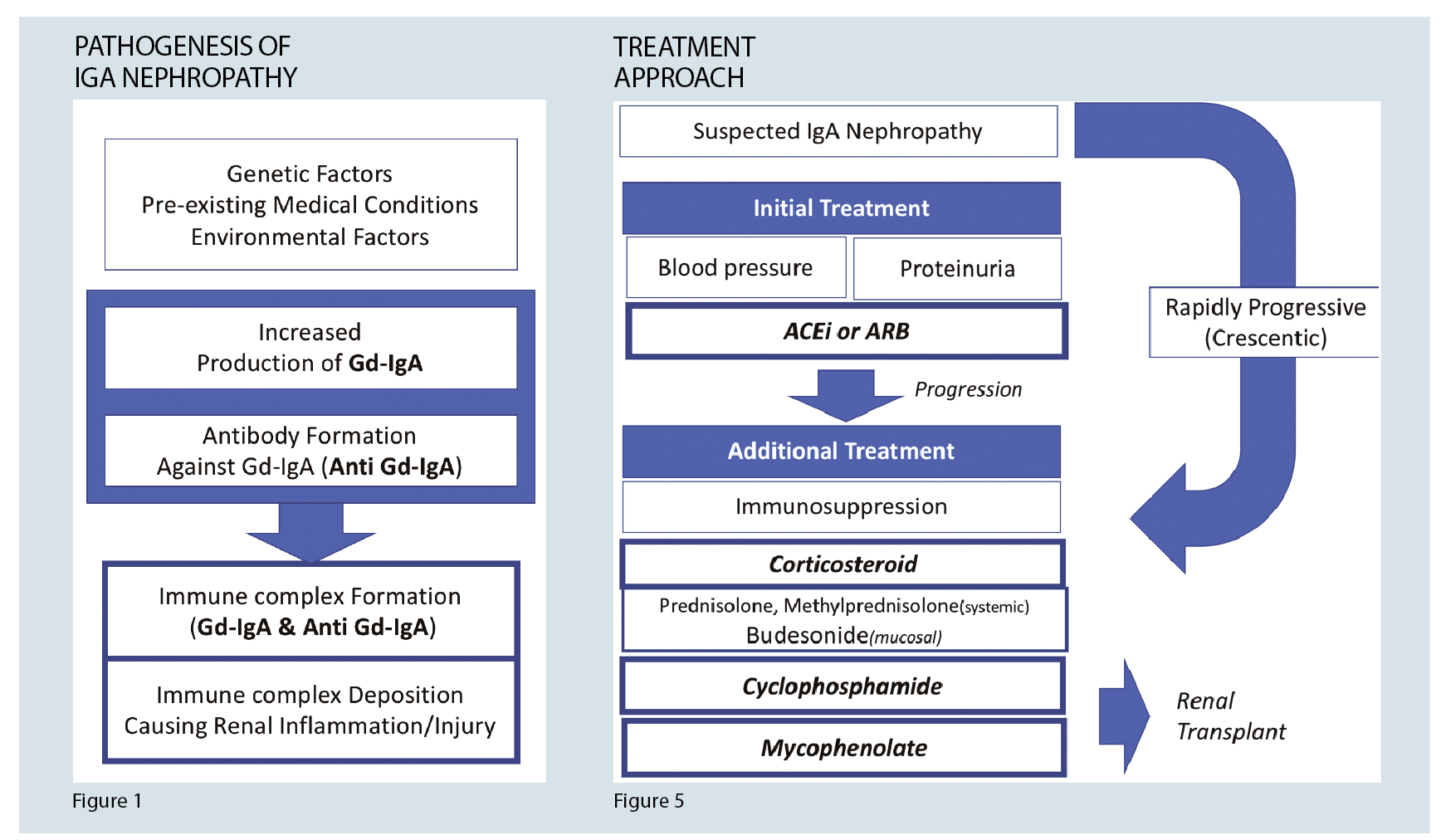
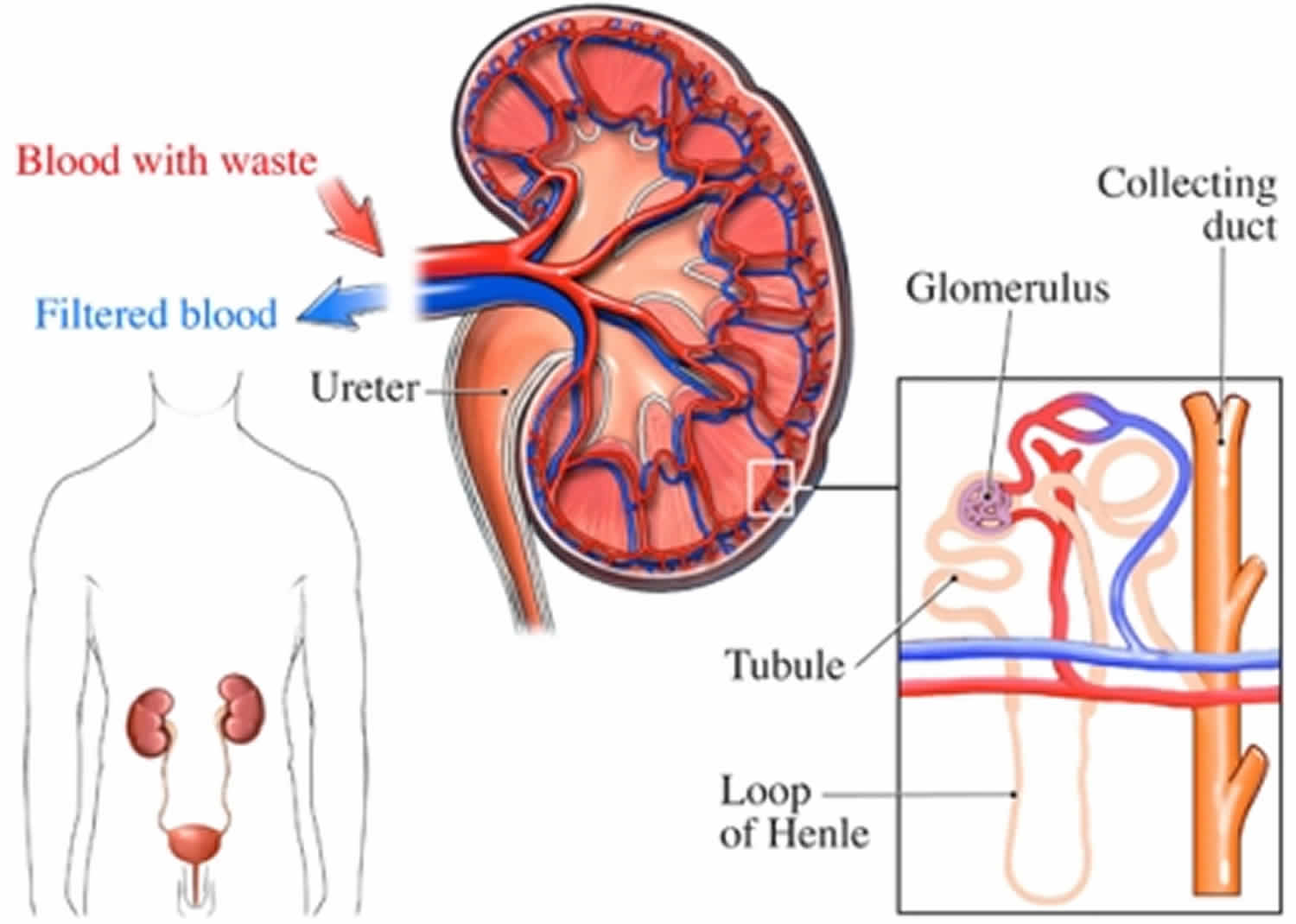



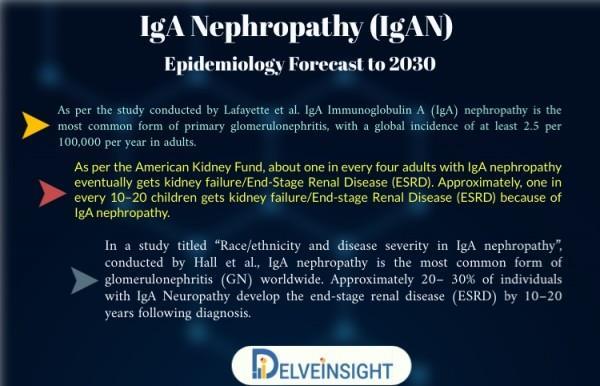



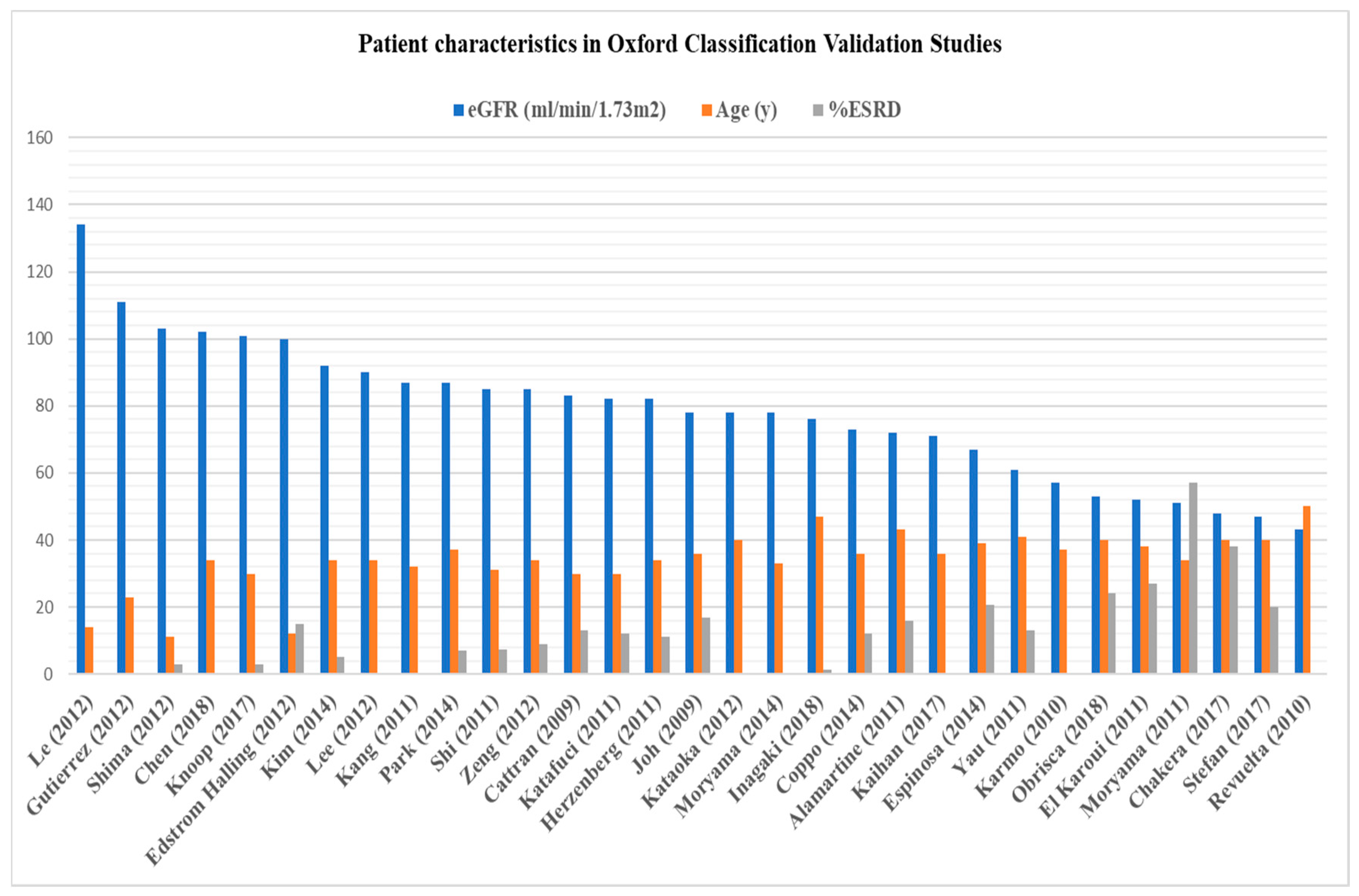
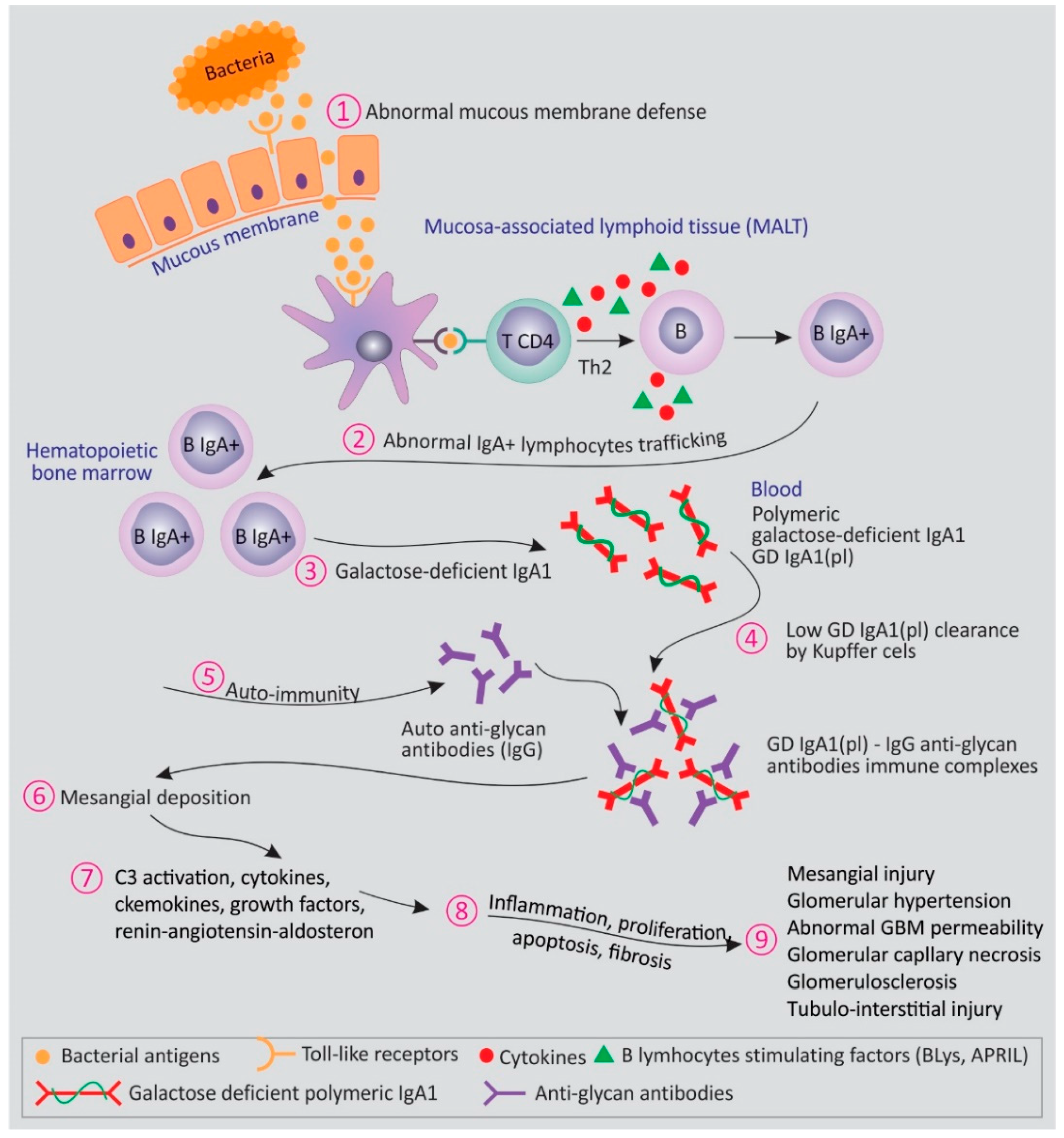


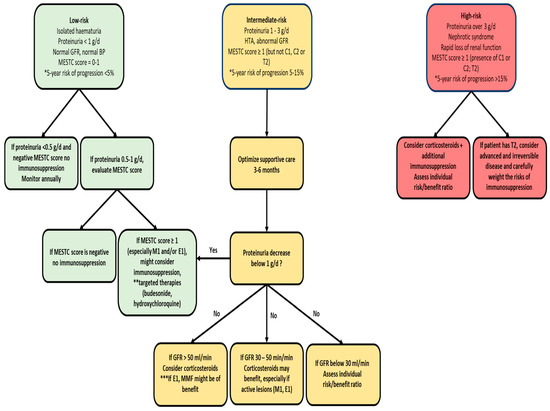
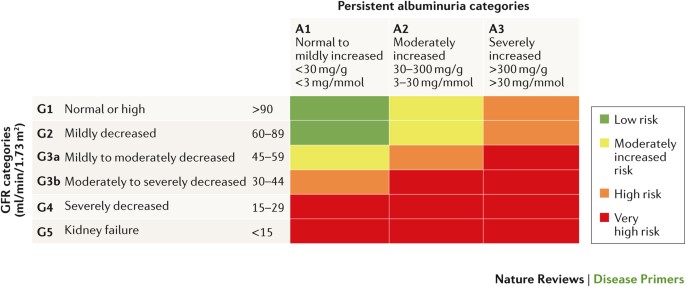

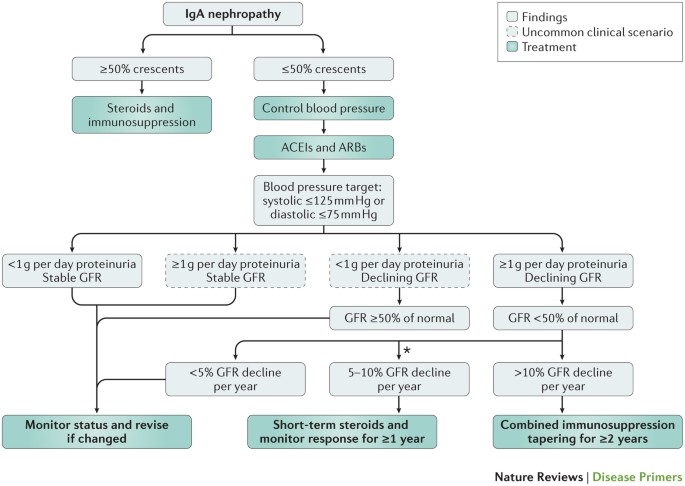

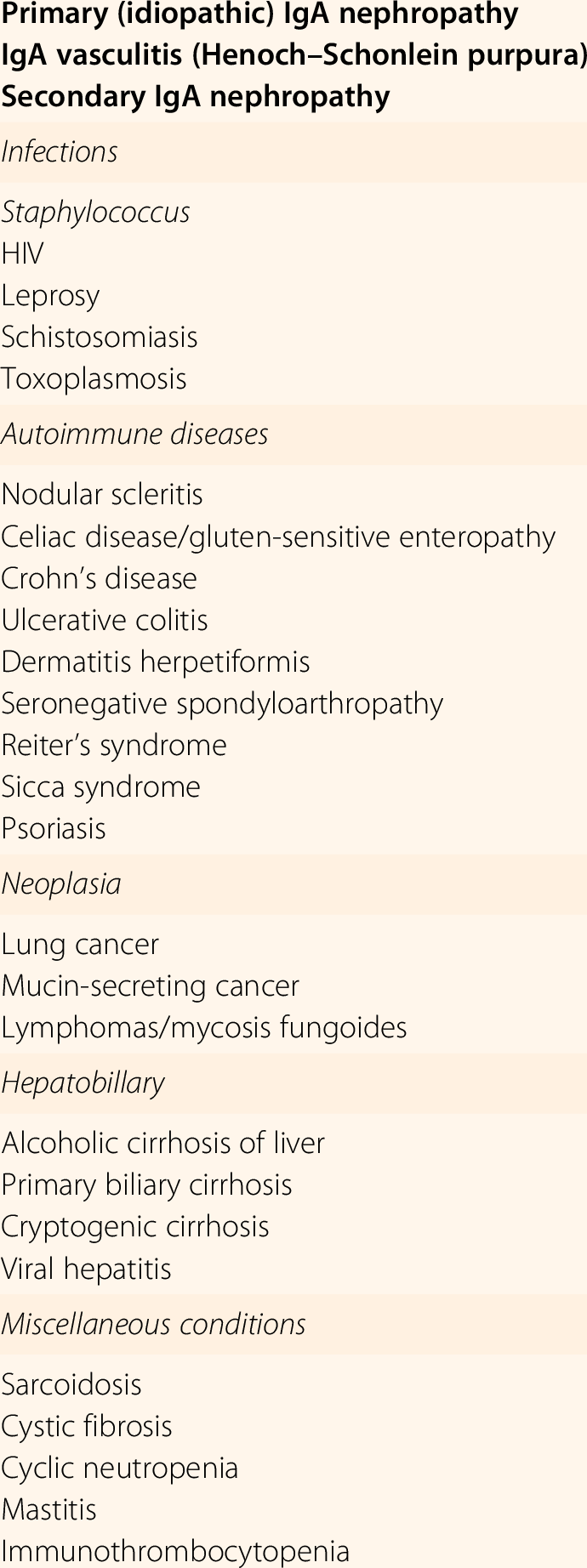



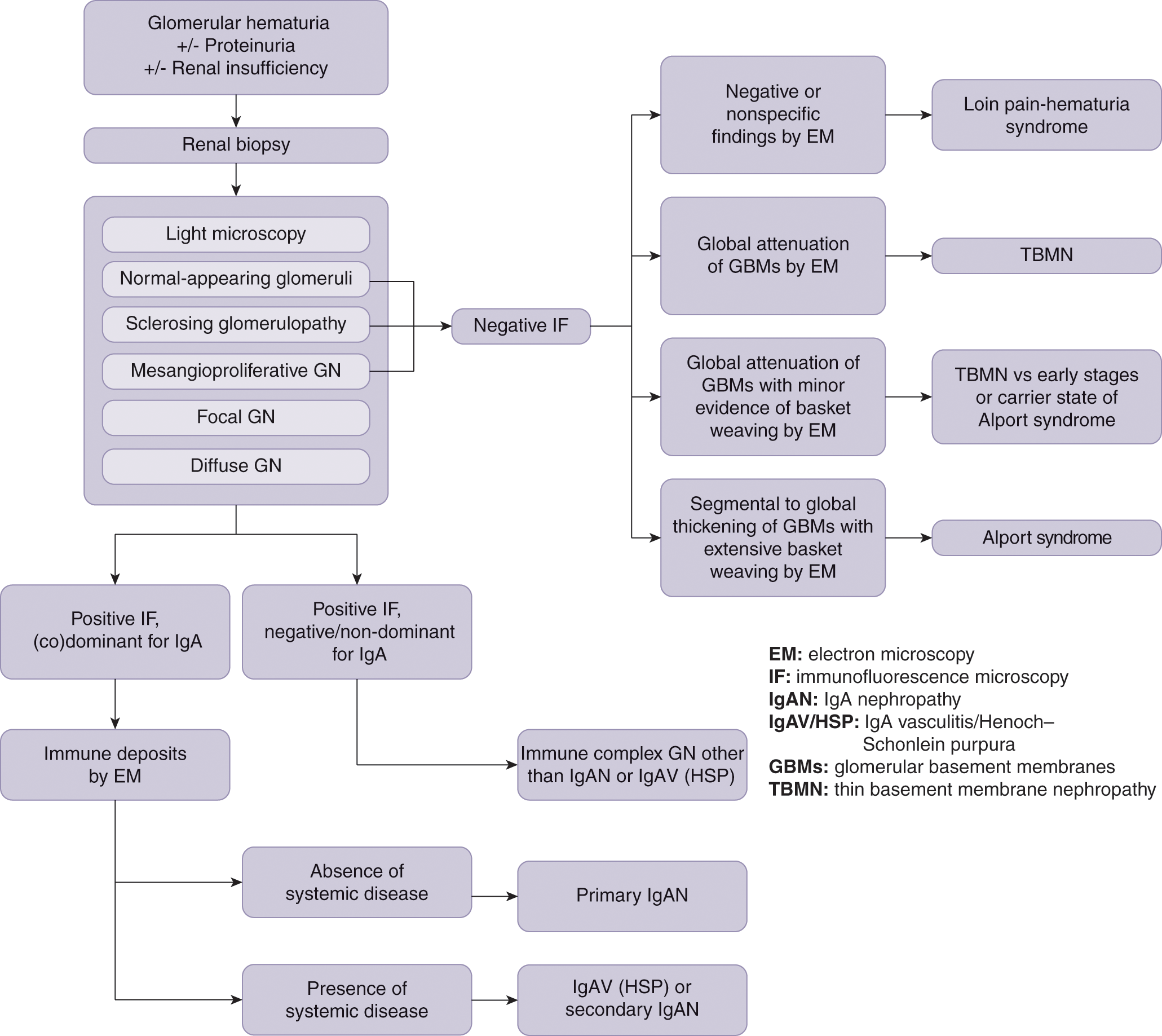







Posting Komentar untuk "Iga Disease Life Expectancy"